The pioneering actor, producer, and director introduced grandeur into the early days of Bollywood and tackled taboo topics in his films that helped turn a fledgling industry into a juggernaut. He lived and breathed cinema right up until he passed away on January 28, 1984, at the age of 86.
To mark his death anniversary which falls this week, Eastern Eye celebrates his impressive legacy by highlighting 10 things that made Sohrab Modi special.
Trailblazer: Born in Bombay [now Mumbai] in 1897, he was one of the first in India to see the potential of cinema, and became a travelling exhibitor with his brother during the very early days of the silent era. By the time Modi was 16 years old, he was projecting movies to enthralled audiences who were seeing moving pictures for the first time.
Thespian: Most people who did anything in movies during the early days of Indian cinema, from acting to directing, had no previous experience in the field. Modi set up a theatre company and performed the most challenging plays, including William Shakespeare classics, across India. In 1935, he launched his first film company and produced and directed Khoon Ka Khoon (1935), a film adaptation of Hamlet, where he also played the lead role. Although the movie didn’t do well, it showed Modi was different to others working in the industry. He later made an Indian movie adaptation of Victor Hugo’s iconic 1862 novel, Les Misérables, with the hit film Kundan (1955).
Movie mogul: The Bollywood legend set up Minerva Movietone in 1936, which would go on to become one of the most successful and path-breaking film banners in Hindi cinema history. He powered the production house to great heights with iconic films that included the hit historical trilogy Pukar (1939), Sikandar (1941), and Prithvi Vallabh (1943). It would also launch great talents, expand the horizons of cinema in India, tackle taboos, and raise the filmmaking bar.
Going international: Modi was one of the first Indian film personalities to look overseas. He used international technicians and introduced techniques used in the west, including being the first in India to commence work on a Technicolour movie. He was the first ever Indian to be invited onto the jury of the Berlin International Film Festival in 1960. He even dubbed his films in English and released shorter edited versions overseas.
New talent: The visionary introduced a lot of talented artists throughout his career onscreen and behind the scenes, or gave star-making moments to those who were relatively unknown. Although it wasn’t her debut release, he was the first to sign actress Madhubala for his film Daulat (1949). One special leading lady he did launch and form a dream partnership with across multiple movies was legendary actress Naseem Banu. Before he went on to make all-time classics like Mahal (1949) and Pakeezah (1972), filmmaker Kamal Amrohi started his career writing for Modi’s Minerva Movietone banner in the late 1930s.
Courageous: Whether it was introducing Shakespeare to Indian film audiences or investing eye-watering amounts of money into projects, the filmmaker was much braver than his contemporaries. He also wasn’t afraid to tackle taboos in a very conservative era with films like Jailor (1938) and Bharosa (1940), which dealt with extra-marital affairs.
Girl power: Although his film Jhansi Ki Rani (1953) was a commercial failure at the time, it remains a landmark movie for multiple reasons. It was the biggest-scale movie ever made with a female protagonist. The movie about India’s warrior queen continued his trend of having strong women in the films he produced from the very beginning.
Driven: Modi had a never-say-die attitude and believed anything was possible, which is evident in the grand-scale movies he made during the early days of Hindi cinema. When Jhansi Ki Rani became the costliest-ever failure in Bollywood at the time, he struck back with his highly acclaimed next release Mirza Ghalib (1954), which became the first Hindi-language feature to win a prestigious Best Film prize at the 2nd National Film Awards.
All-rounder: Last but not least, the actor, director, and producer was accomplished in all areas of cinema. He used that brilliantly to leave behind an impressive body of ground-breaking work and became only the 10th recipient of Indian cinema’s highest honour, the Dadasaheb Phalke Award, in 1980. He was planning another movie shortly before he died in 1984, after suffering with cancer. His actress wife Mehtab summed it up best when she said he was obsessed with filmmaking and had no other interests.






 Rajkummar Rao and Patralekhaa smiling during a public appearance earlier this year
Rajkummar Rao and Patralekhaa smiling during a public appearance earlier this year  Patralekhaa and Rajkummar pose together after an awards show
Patralekhaa and Rajkummar pose together after an awards show 










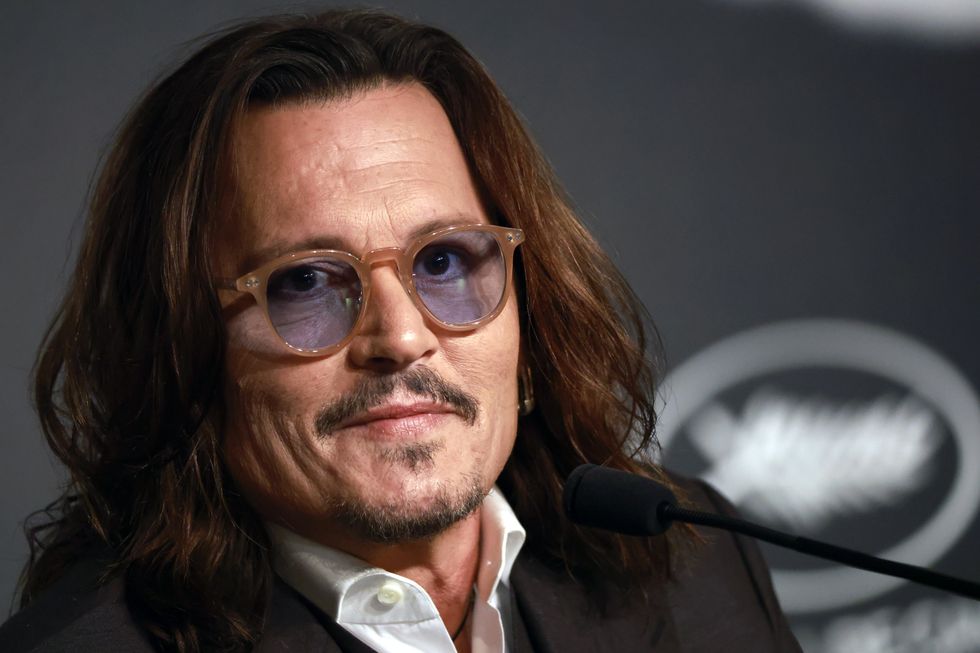 Depp returns to directing with Modì after more than two decadesGetty Images
Depp returns to directing with Modì after more than two decadesGetty Images  Depp says being pushed out felt like “they wanted me to retire”Getty Images
Depp says being pushed out felt like “they wanted me to retire”Getty Images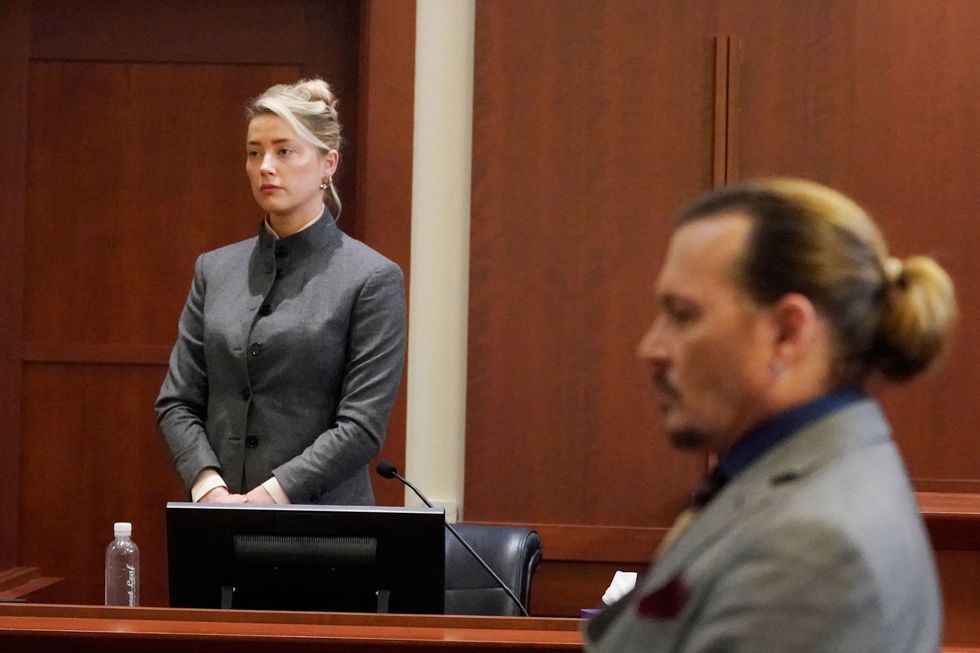 Amber Heard and Johnny Depp watch as the jury leaves the courtroomGetty Images
Amber Heard and Johnny Depp watch as the jury leaves the courtroomGetty Images
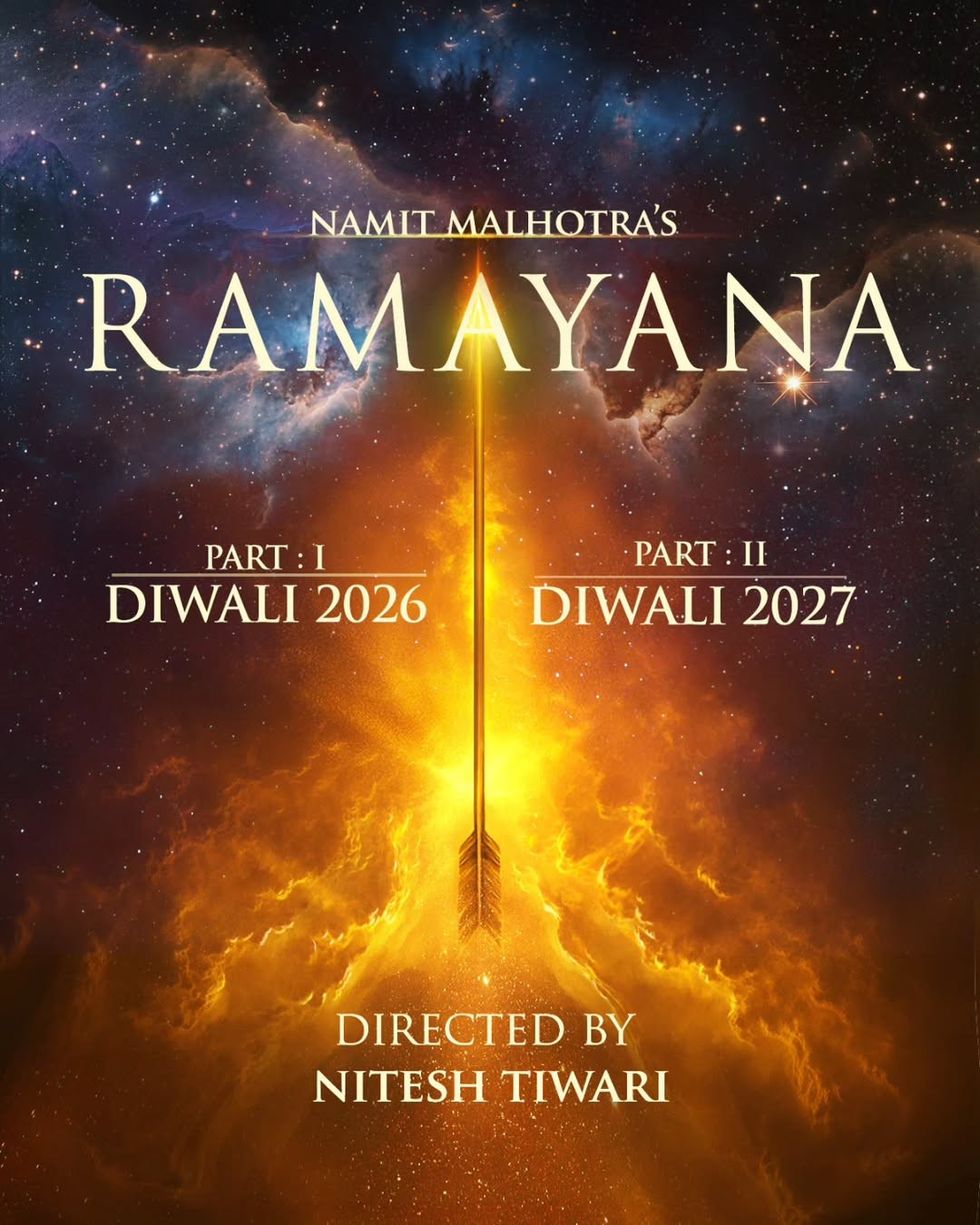 Fans await Ramayana teaser as early reviews spark buzz online Instagram/iamnamitmalhotra
Fans await Ramayana teaser as early reviews spark buzz online Instagram/iamnamitmalhotra  Producer Namit Malhotra reveals how AI will make Ramayana resonate globally with native-language realism IMDB/Reddit
Producer Namit Malhotra reveals how AI will make Ramayana resonate globally with native-language realism IMDB/Reddit  Yash undergoes intense physical training to play Ravana in Ramayana Instagram/thenameisyash
Yash undergoes intense physical training to play Ravana in Ramayana Instagram/thenameisyash  Producer Namit Malhotra reveals how AI will make Ramayana resonate globally with native-language realism IMDB/Reddit
Producer Namit Malhotra reveals how AI will make Ramayana resonate globally with native-language realism IMDB/Reddit  Sunny Deol
Sunny Deol  Ranbir Kapoor hugs Ravi Dubey after wrap speech on Ramayana set Twitter/Raymond/Cinegeek
Ranbir Kapoor hugs Ravi Dubey after wrap speech on Ramayana set Twitter/Raymond/Cinegeek 
 BBC under fire after 50 women share new allegations against Gregg WallaceGetty Images
BBC under fire after 50 women share new allegations against Gregg WallaceGetty Images 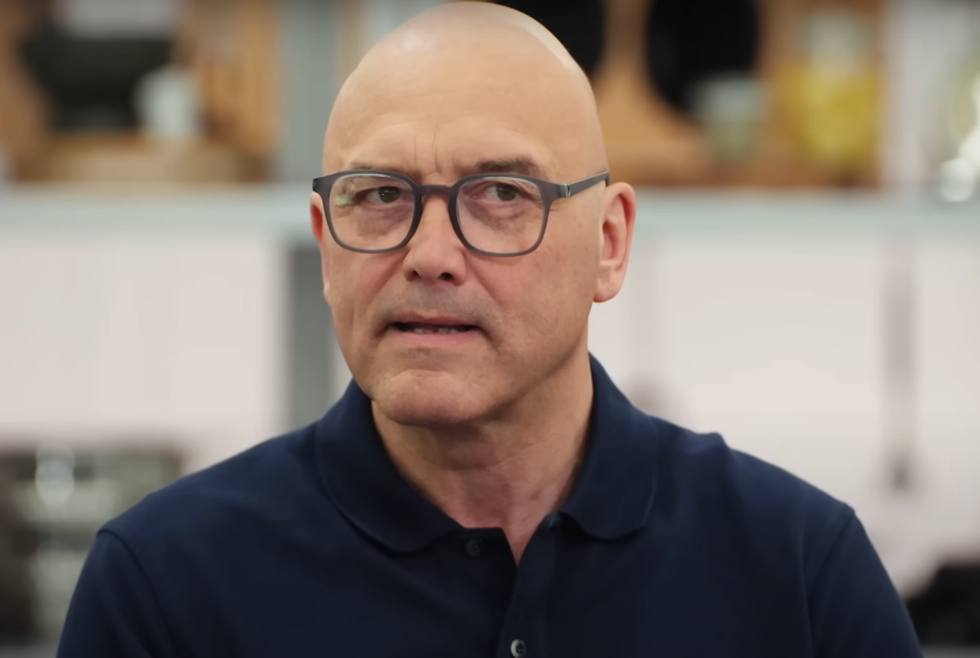 Gregg Wallace seen filming prior to being removed from the showYoutube Screengrab
Gregg Wallace seen filming prior to being removed from the showYoutube Screengrab  The BBC logo is seen at BBC Broadcasting House Getty Images
The BBC logo is seen at BBC Broadcasting House Getty Images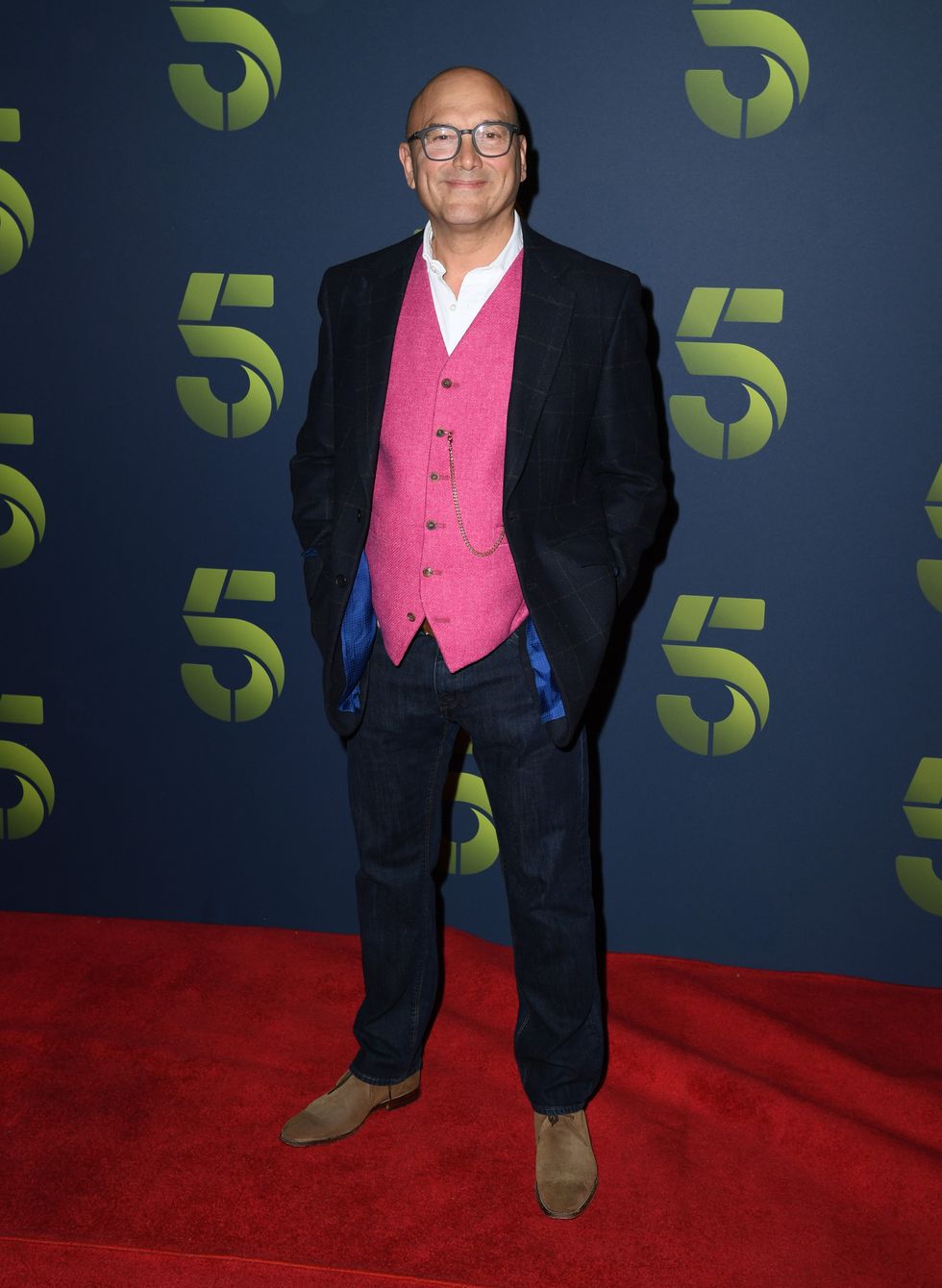 Gregg Wallace attends the Channel 5 2020 Upfront photocallGetty Images
Gregg Wallace attends the Channel 5 2020 Upfront photocallGetty Images Bectu Union Story Instagram Screengrab/
Bectu Union Story Instagram Screengrab/ 